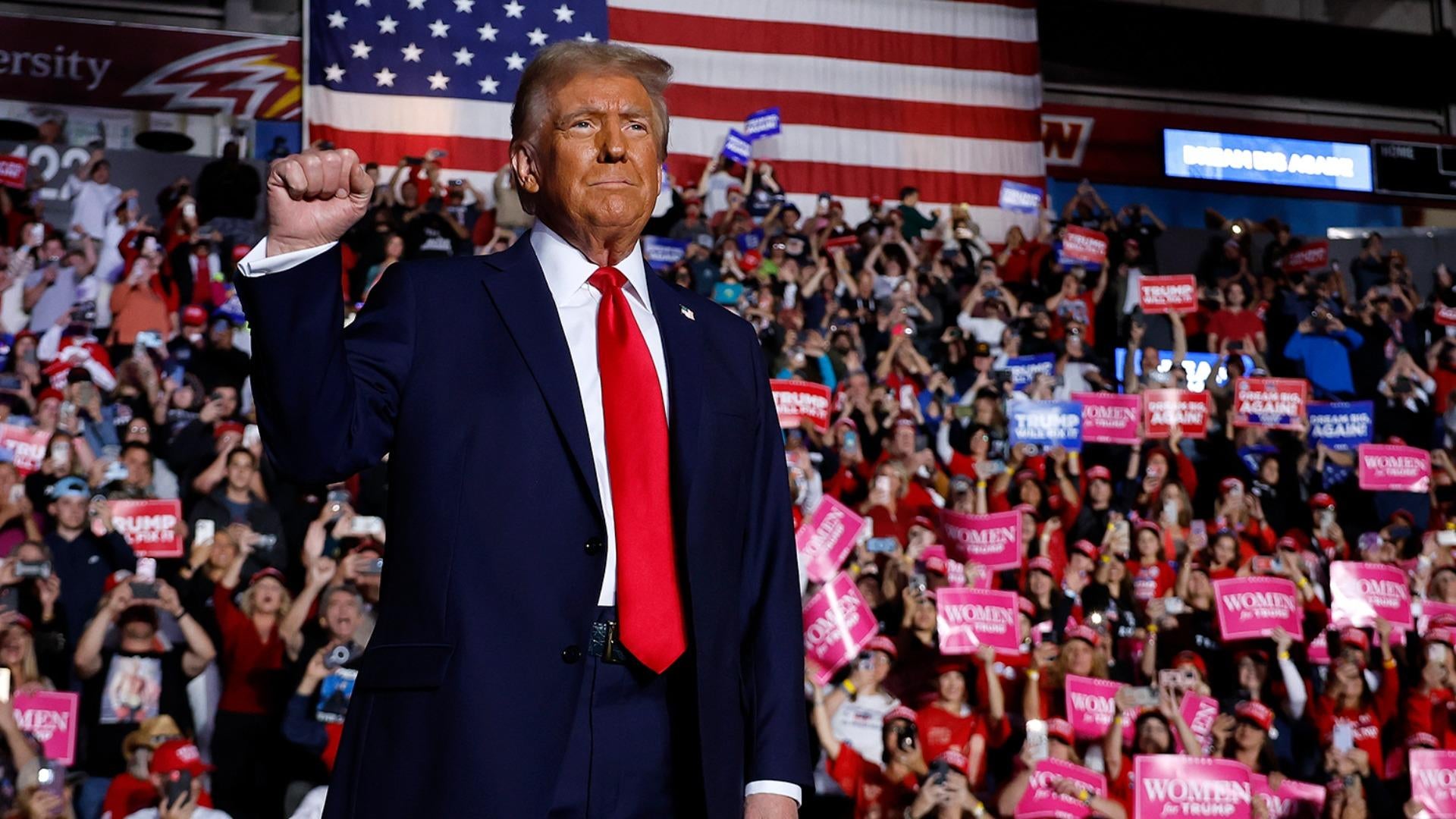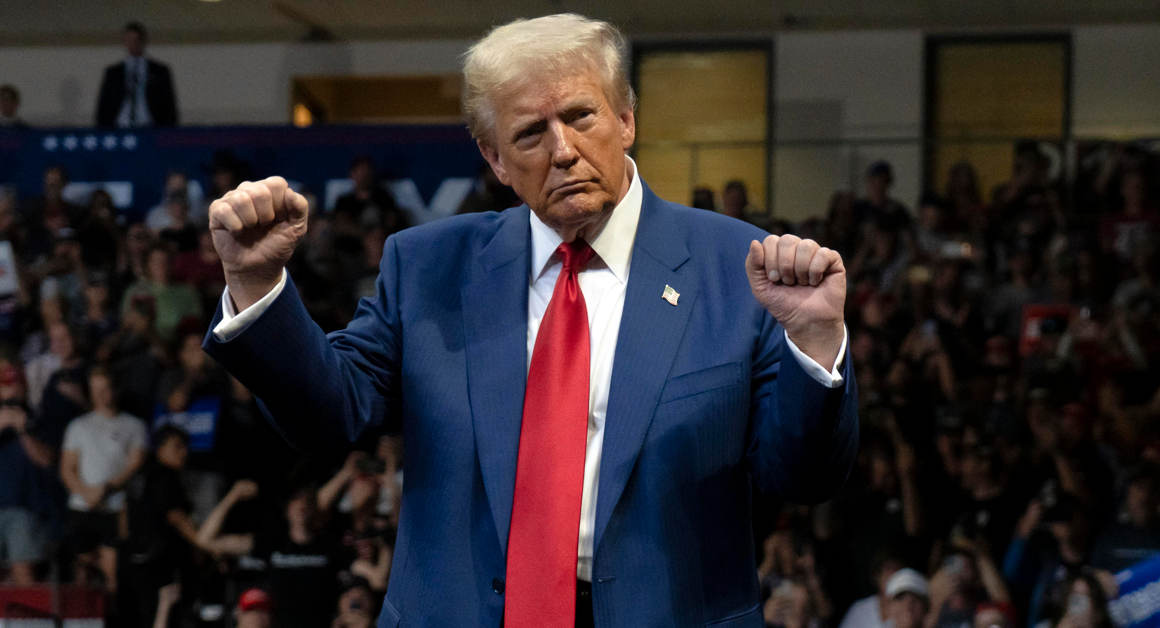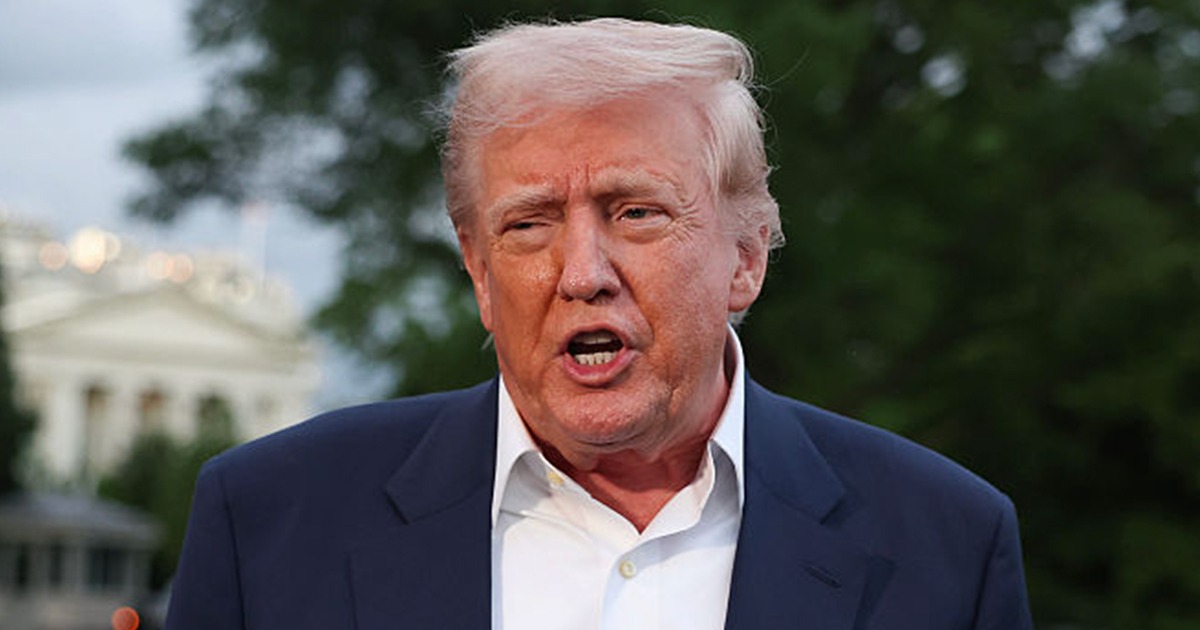Donald J. Trump, the 45th president of the United States, remains one of the most closely scrutinized political figures in the country, including when it comes to his personal health. At age 78, he is the oldest person ever elected to the U.S. presidency. As he seeks another term, questions about his physical and cognitive fitness have become a regular part of public debate.

Official Health Assessments
According to official statements from his doctors, former President Trump has been described as being in “excellent” or “very good” health on multiple occasions.
During his first term, in 2018, then-White House physician Dr. Ronny Jackson administered the Montreal Cognitive Assessment (MoCA) at Trump’s request. Dr. Jackson reported that Trump scored 30 out of 30 on the test, which is commonly used as a screening tool for mild cognitive impairment but is not a definitive diagnosis. This result was widely covered, including by The New York Times and The Washington Post (source).
Dr. Jackson, a retired Navy rear admiral who served as White House physician under both Presidents Obama and Trump, publicly supported Trump’s health throughout his presidency, describing him as having “excellent” cardiac health at that time, with no significant cognitive concerns.

2024 and 2025 Health Updates
In April 2025, Donald Trump released what was described as a more detailed health summary compared to some prior election cycles. According to The Associated Press (source), this recent report noted improvements in his cholesterol levels and indicated he had lost approximately 25 pounds since leaving office in January 2021.
Trump’s physician at the time, Dr. Sean Barbabella, stated that Trump exhibited:
“Robust cardiac, pulmonary, neurological and general physical function,”
adding that an “active lifestyle continues to contribute significantly to his well-being.”
The report also confirmed that the exam included a neurological screening, which assessed reflexes, motor skills, sensory responses, and general mental state.

Age and Health Context
As of 2025, Trump is 78 years old. He does not drink alcohol or smoke tobacco, a fact he has frequently mentioned publicly. His height is 6’3″ and his weight was reported as just over 220 pounds in the April 2025 summary.
Age remains an important consideration for any presidential candidate. In the United States, older candidates have faced public questions about stamina, mental acuity, and overall health. However, medical experts generally emphasize that chronological age alone is not necessarily predictive of a person’s functional or cognitive abilities.
According to the National Institute on Aging (NIA) (source), normal aging can bring mild changes in memory and cognitive speed, but serious impairment is not an inevitable consequence of age. Neurological assessments are the standard method of evaluating whether a person is experiencing any clinically significant decline.

Medical History Highlights
Over the years, Donald Trump’s released health information has included:
-
A 2018 cognitive screening (MoCA) score of 30/30.
-
Reports of a cholesterol-lowering regimen with statin medication.
-
Weight management efforts noted in the 2025 report.
-
An active travel and campaign schedule during past elections.
These details have been publicly documented through physician letters, press conferences, and media coverage.
Skin Injury and Assassination Attempt
In July 2024, Trump survived an assassination attempt during a campaign rally in Butler, Pennsylvania. The Associated Press reported that the attempt left him with minor injuries, including sun damage and scarring on his right ear (source).
Despite this serious incident, medical professionals treating him at the time cleared him to return to campaigning after recovery.

Transparency and Debate Over Medical Records
During previous election cycles (2016 and 2020), Trump faced calls to release more detailed health records. His campaign typically shared brief physician letters rather than full exam results.
In contrast, the 2025 report was more comprehensive, including neurological screening details. Campaign representatives, including communications director Steven Cheung, defended the approach by highlighting multiple physicians’ statements attesting to Trump’s fitness to serve.
Cheung emphasized Trump’s busy travel schedule, asserting that the former president maintained a rigorous campaign pace that would demand good health.
Public Scrutiny and Political Commentary
Trump’s health has been a frequent topic of discussion among supporters, critics, and neutral observers alike. While official reports describe him as healthy, some commentators have publicly speculated about his cognitive status based on speech patterns or personal observations.
It is important to note that such claims remain opinions rather than verified medical diagnoses. For example, cognitive screening tests like the MoCA are used to detect early signs of impairment but are not definitive proof of dementia or other diseases.
The Alzheimer’s Association (source) explains that diagnosing conditions like Alzheimer’s disease requires thorough medical history, neurological exams, imaging, and often lab tests—not a single screening result.

Campaign Implications
Health transparency has become an increasingly central issue in U.S. presidential campaigns. Both major-party candidates in the 2024 election were over 75 years old, underscoring voter interest in age and medical fitness.
While Trump has emphasized his energy, stamina, and record of an “active lifestyle,” his campaign’s decision to release a more detailed health summary in 2025 appeared to be an effort to address voter questions directly.

Conclusion
Donald Trump’s health has been the subject of intense scrutiny and debate. The available official medical reports indicate that, as of 2025, his personal physician has described his health as robust and consistent with the demands of high-level political campaigning.
While public discussions and political commentary will likely continue, reputable medical sources agree that comprehensive health assessments—including neurological screening—are essential tools for evaluating fitness to serve.
As with any candidate, voters will ultimately decide how to weigh age, health records, and performance in assessing readiness for office.
References
-
Associated Press: Trump health report details weight loss, cholesterol improvement
-
New York Times: Trump’s 2018 Cognitive Exam
-
National Institute on Aging: Cognitive Health and Older Adults
-
Alzheimer’s Association: Medical Tests for Diagnosis
-
AP News: Trump injured in 2024 assassination attempt
